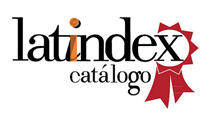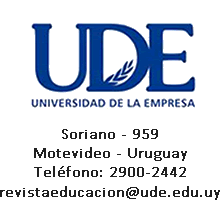Teoria do solucionismo tecnológico: perspectivas educacionais Pós Covid-19
DOI:
https://doi.org/10.47966/avan-inv.2022.9129-56Abstract
This article aimed to present the Theory of Technological Solutionism and how it behaves in the face of the educational situation in the face of the reality of Distance Education (DE). A graph was presented in which it denotes that distance education in Brazil will be one of the most accepted and widespread educational means, surpassing face-to-face education, and because of these data the Theory of technological solutionism: post-covid-19 educational perspectives was necessary.
The article was based on the qualitative study methodology with a bibliographic review in renowned education authors and in ECLAC UNESCO: La educación en tiempos de pandemic de Agosto de 2020, concluding that the educational system needed and needs to reinvent itself daily in the technological aspect, to adapt and accepting technicist attributions, as this will be one of the main ways to reach some groups of students, in many spheres, thus, the Theory of Technological Solutionism in the Educational System contributes by validating parts of Morozov's conceptions (2020).
Based on these assumptions and the unbridled growth of technology and the Covid-19 pandemic that devastated the world, the educational system had to adapt some principles, premises on which this article was justified. This writing was intended for all education professionals, elucidating and guiding about this educational methodology that is imminent, given that technology has always been present in the daily life of society, but from the Covid-19 Pandemic technology has been made even more. more as a solver of many problems, mainly in education.
Additional Files
Published
Issue
Section
License
Copyright (c) 2022 Junior Aparecido Cardoso Peres

This work is licensed under a Creative Commons Attribution 4.0 International License.
Política para revistas de acceso abierto
Los autores/as que publiquen en esta revista aceptan las siguientes condiciones:
a. Los autores/as conservan los derechos de autor y ceden a la revista el derecho de la primera publicación, con el trabajo registrado con la licencia de atribución de Creative Commons (CC-BY), que permite a terceros utilizar lo publicado siempre que mencionen la autoría del trabajo y a la primera publicación en esta revista.
b. Los autores/as pueden realizar otros acuerdos contractuales independientes y adicionales para la distribución no exclusiva de la versión del artículo publicado en esta revista (p. ej., incluirlo en un repositorio institucional o publicarlo en un libro) siempre que indiquen claramente que el trabajo se publicó por primera vez en esta revista.













 This work is licensed under
This work is licensed under 
